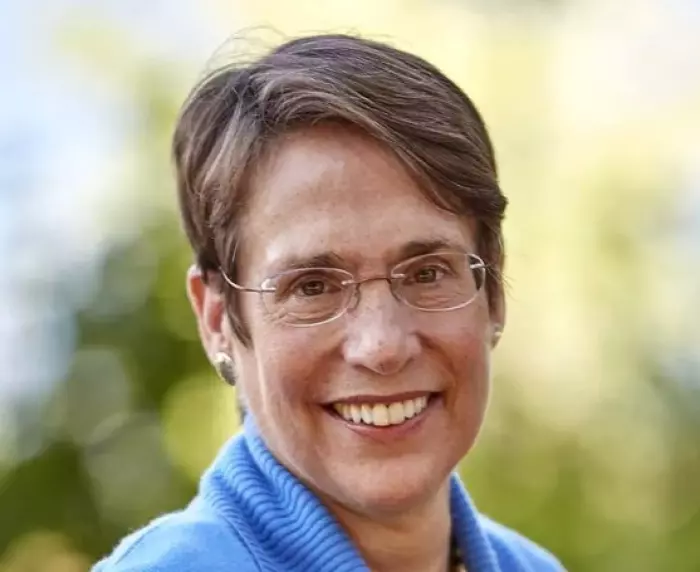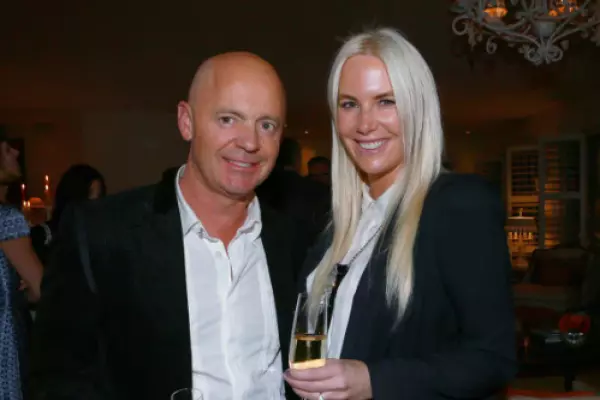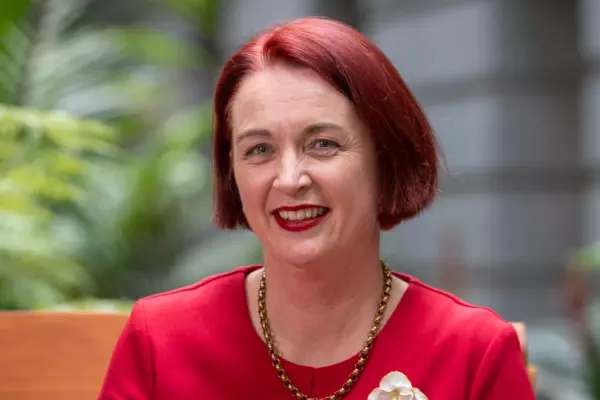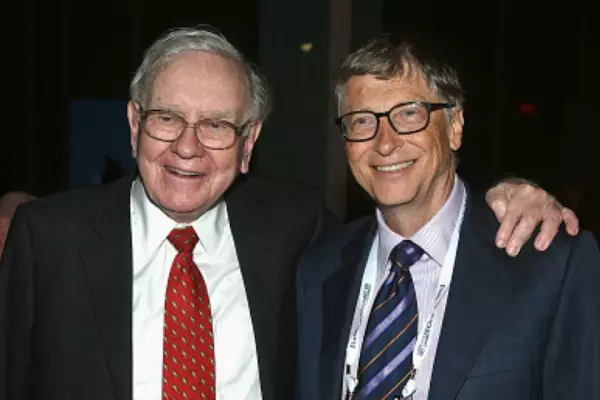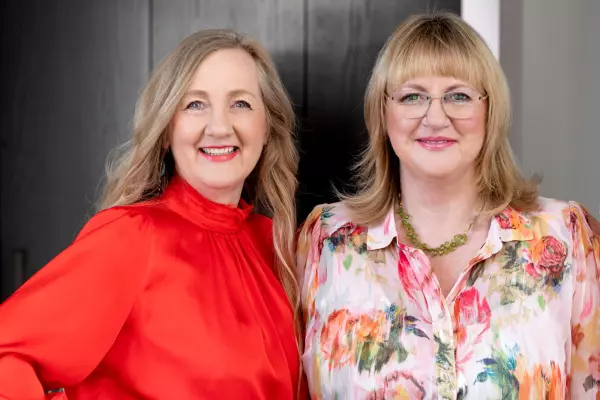Pro bono legal work makes headlines when a litigator fights for the little guy – for example, Russell McVeagh’s help for Lecretia Seales, the brain-cancer patient who campaigned for physician-assisted dying.
But despite having oodles of legal expertise, New Zealand’s top law firms have unsophisticated systems for pro bono work, with some not even able to say accurately how much they do.
However, some are beginning to shift tack, recognising the need to be good corporate citizens not just for the benefit in terms of their public standing, but also because recruiting younger staff demands it.
BusinessDesk asked the country’s major commercial firms how much pro bono work they have done in the past three years in dollar terms.
Unsurprisingly, Chapman Tripp, NZ’s biggest corporate firm by partner headcount, had done the most by value – $1.5 million.
The firm has had a formal scheme for 17 years and its pro bono partners include BLAKE (formerly the Sir Peter Blake Trust), youth charity First Foundation, Canterbury-based Māia Health Foundation, and the NZ Opera.
Russell McVeagh said it donated more than $1m of pro bono hours in each of the past three years, and Bell Gully said in 2020 it delivered more than $1m of advice, while in 2021 and 2019, the figure was just under $1m.
Buddle Findlay said it couldn’t give figures but was “currently undertaking some work to better understand our pro bono spend”.
MinterEllisonRuddWatts said it might have donated at least $300,000 in pro bono legal work each year for the past three years, “but we can’t document this accurately”.
Simpson Grierson did not give dollar figures but said it had donated more than 4427 hours of pro bono time in 2021, up from 2997 hours the year before.
DLA Piper valued its pro bono work at $1.04m in 2021, up from $737,287 and $875,071 in the previous years.
Formal structures
Legal consultant Emily Morrow said most major firms would be happy for their lawyers to do work for nothing as long as they kept up with their billable targets.
“Most lawyers give lip service to the idea that this is a good thing to do, and their lawyers are encouraged to do it,” she said.
Chapman Tripp, Russell McVeagh, Minters and Bell Gully said pro bono hours were treated as normal billable hours for staff performance reviews. Buddle Findlay said pro bono hours might count as billables in “some circumstances”.
Simpson Grierson said it launched a new policy on July 1 which allowed pro bono hours to be treated as billables in this way. The firm has been working on a more structured pro bono offering, with a partner Shan Wilson becoming a dedicated pro bono partner in 2020.
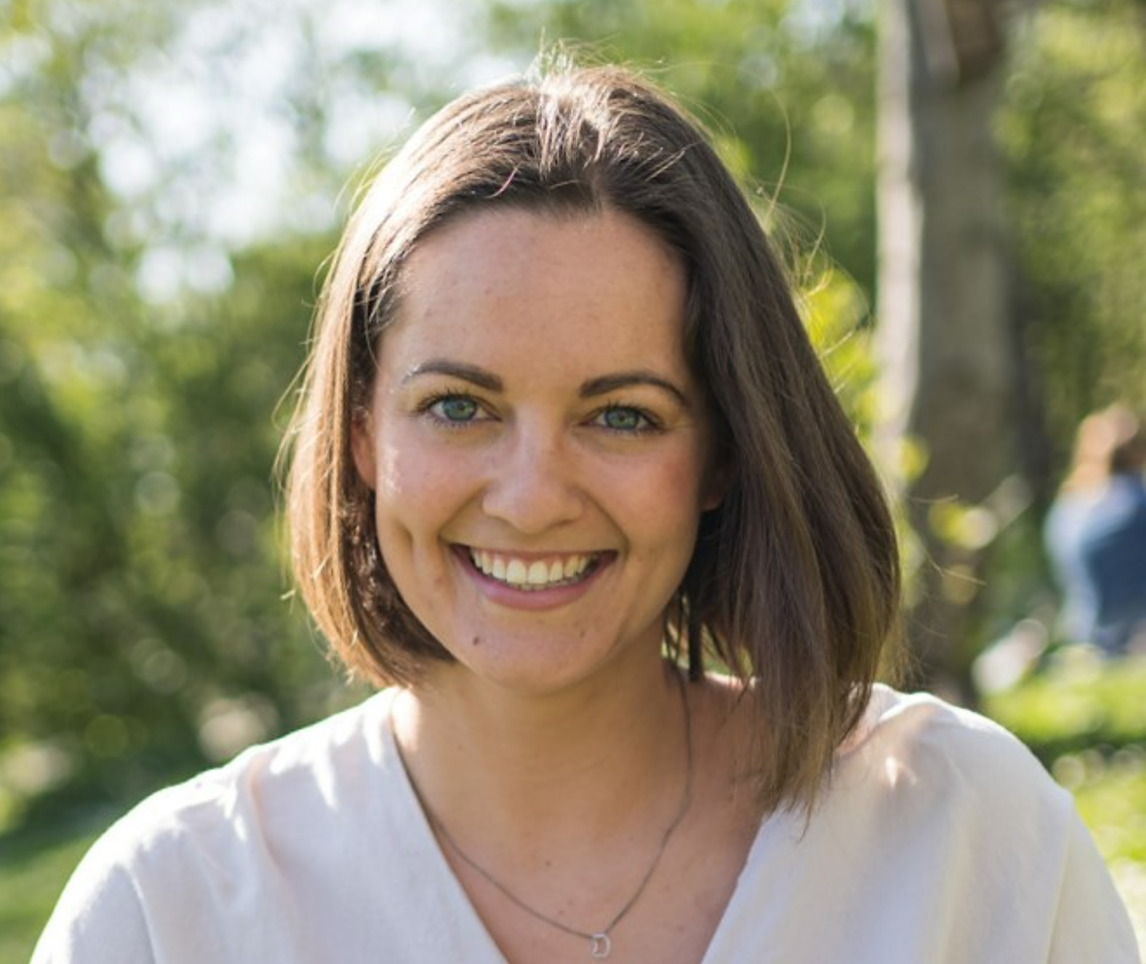
Aotearoa Legal Workers’ Union co-president Tess Upperton (pictured above) said the treatment of pro bono hours varied from firm to firm, but this move was a “promising step”.
“But I would say that pro bono reveals the flaws in the billable-hours model from the start.
“Hopefully this move recognises that junior lawyers are under significant time pressure and [while] the idea of pro bono is great, as a union we aren’t going to support people doing pro bono if it's in their free or spare time.”
Upperton added that more pro bono funding should go toward community law and charities which fund key legal services so that people who can’t afford them benefit, rather than to law-firm partners’ passion projects or hobbies.
Morrow said increasingly, "millennials are not only looking for good money, good work and good treatment, but they are looking for meaning. A lot of them are very concerned, for example, about climate change”.
Russell McVeagh pro bono committee member Jesse Fairley said younger workers wanted pro bono assignments and it gave them exposure to work they would not ordinarily do.
“One of the focuses of our committee is to increase our pro bono utilisation across the different teams in the firm," he said, adding that at Russell McVeagh, a lot of the work was done by the litigation team.
“Whether someone is paying commercial rates or it’s a pro bono matter, the attention we give and the priority we place on it doesn’t matter.”


